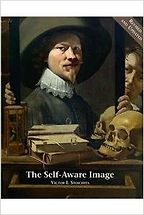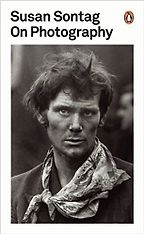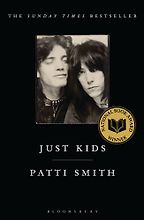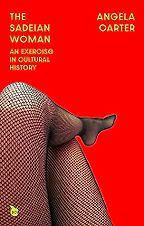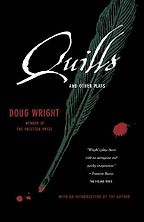Books by Roland Barthes
“If you were to pick out the one book that brought Sade in from the cold, I think it would be this one.” Read more...
The best books on The Marquis de Sade
Will McMorran, Literary Scholar
“I have to confess that Camera Lucida is perhaps my favourite book ever about art.” Read more...
The best books on The Lives of Artists
Maria Loh, Art Historians, Critics & Curator
Empire of Signs
by Roland Barthes
Barthes went to Japan without really knowing anything much about it. He simply let the impressions of Japan sink in and made something of them. In fact, I think he says at the beginning of the book, ‘This is not about Japan, it’s about an imaginary country I call Japan’ – so it’s very much his take, based on random impressions. He was such an intelligent and observant man that they’re still very much worth reading, even to someone who knows Japan well.
Interviews where books by Roland Barthes were recommended
The best books on Japan, recommended by Ian Buruma
Which are the best books to read about Japan? Author and journalist Ian Buruma picks some beautifully written works by scholars—and one novelist—that give a feel for its culture and civilization.
The best books on The Lives of Artists, recommended by Maria Loh
We live in an age obsessed with self-image. Technology has made the ‘selfie’ a ubiquitous form of social currency. Renaissance means may have been very different, but celebrity artists in Medici Florence dealt with many of the issues relating to identity and authorship that we grapple with today. Maria Loh, author of Still Lives: Death, Desire, and the Portrait of the Old Master, talks to Five Books about the curated self.
The best books on The Marquis de Sade, recommended by Will McMorran
The word ‘sadism’ derives from the Marquis de Sade, the infamous 18th century French aristocrat. His works such as Justine and The 120 Days of Sodom are profoundly disturbing, retaining the ability to shock, disgust, and unsettle. Will McMorran, Sade’s translator, looks at the way Sade destabilises the idea of benevolent narrators, and how we must remain ethically engaged when reading him








